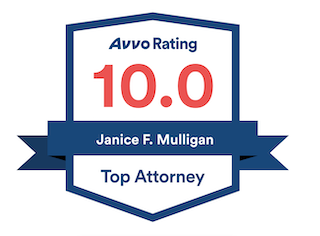Addressing Concerns about Loved Ones in Nursing Homes & Assisted Living Facilities
0 CommentsNursing homes and assisted living facilities have now gone to stricter measures to try to contain the threat of COVID-19.
Due to the novel coronavirus, homes have gone from asking guests to sign in and disclose prior travel, then to taking their temperature, to now requesting all nonessential visits be postponed indefinitely and ordering that residents not leave the facility nor their rooms. Many of these homes have graduated levels of care, from relatively independent living to more intensive physical and memory care. The continuing care community is at high risk as is widely known. Many individuals who succumb to the worst ravages of the virus already have underlying medical conditions. For safety of individuals and the community, administrators do not want residents with the ability to come and go on their own to participate in events with crowds or groups of more than ten people. The extreme precautions being undertaken at some homes include ordered complete isolation simply due to risk, aside from any testing or suspicion of infection.
At this point, as of this writing, most of these facilities have suspended group exercise classes and all other activities, and have made changes to their dining rooms, allowing only take-out meals, or delivering food or food choices on trays to rooms of individuals ordered isolated there.
Those who think they must visit any group living facility for elders should be ready to have explicit, important reasons to be there. Many homes are running low on supplies, and do not have the items needed to properly protect their residents, nor the resources to deal with visitors who must be turned away. Many homes were ill-equipped in the first place, through understaffing or undertraining. Compare your home’s track record:
https://www.medicare.gov/nursinghomecompare/search.html
Aside from providing love, company and a familiar friendly face, families also provide important monitoring and oversight of the care people are receiving. There are of course also concerns for those with dementia deteriorating without routine and regular stimulation and communications. The timing is bad in these situations, because family would like to be there more frequently and prevent the decline of the disease of dementia often exacerbated by isolation, loneliness and depression.
Stopping physical visits shouldn’t mean curtailing all communications from family and friends. Contact the home directly and ask that they help your family member get on-line, work email and do Skype or Facetime. A useful device to make authorized drop-in virtual visits without a lot of tech to handle for the elder is “Echo Show” which you can interface with through the Amazon Alexa app on the iphone app store. At the very least, make regular old-fashioned phone calls to keep tabs on your elder. Here are some useful links:
https://www.aarp.org/home-family/personal-technology/info-2020/vr-social-connections.html ;
https://www.aarp.org/caregiving/health/info-2020/preventing-coronavirus-in-nursing-homes.html
In some cases, families may want to take their loved one home with them, and that is being encouraged in some facilities, with the proviso that they then may not be permitted to re-enter until further notice. It may not always be the most wise choice. (See the second link in paragraph above for more details.) However, it may be hard to remove a resident, especially if they are very frail, have a chronic condition, or need a high level of care, or memory assistance. Be sure to have a plan in place for bathing, feeding and taking medicine. If you hire a home health agency, be sure to check them out well. Ask the agency what measures and precautions they will be taking when caring for your loved one. Monitor them. Anyone providing hands-on care should be following the current recommendations by the CDC.
Hope this information is helpful in some way to flatten the curve. Or, at the very least, hope it helps you stay as close as you can to your loved ones during these unprecedented circumstances. (Remind them to hydrate!) Be well.
If you believe a loved one has been injured through neglect or abuse at a nursing home or residential care facility for the elderly, please call us at (619) 238-8700












